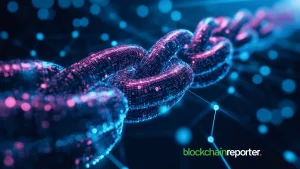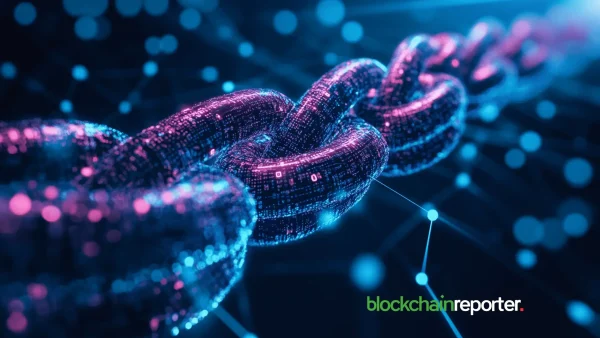
- Amid cryptocurrency ban in China, Ethereum remains an asset the law recognizes
- Defendant holding on to cryptocurrencies sent to him by error believes the case should be dismissed
- Court declares Ethereum “a property” that is protected under the law
A recent happening in the country, where funds amounting to 20 ETH that was wrongly sent to an investor was brought to the Shanghai Hongkou District Court as the defendant refused to give back the funds.
The Case
In a case of unjust enrichment before the Shanghai Hongkou District People’s Court, the plaintiff, a Beijing-based tech company brought an investor to court as he refused to give up company’s funds in his possession after several attempts of communicating with the investor.
The company had launched a public token in order to raise some funds in Bitcoin and Ethereum from investors on the 8th of August 2017.
Staff on the company who issued the payment had sent 20 ETH valued at about $890 at the time. When the transaction was discovered, the company made all possible attempts to contact the investor, but got no response. Ultimately the company decided to take legal action in order to get the funds back.
Court’s Ruling
The defendant told the court that based on the fact that the financial authorities had placed a ban on cryptocurrency in the country, matters related to virtual currencies have no legal standing and shouldn’t be heard by the court.
Though the investor was right to some extent, nevertheless, having no legal backing to justify the funds received, the party at the losing end has the right to request such monies/assets back with the help of the court.
To this effect, the Shanghai Hongkou District Court had declared as seen in a recent tweet that Ethereum (ETH), though not regarded as a currency is seen as a property which is under the protection of the law of the state:
Ether ($ETH) as a property in the general legal sense is under the protection of the laws.
The court told the plaintiff they were lucky that investors had been required to prove their identity during the token sale. Otherwise the defendant likely would never have been found.








